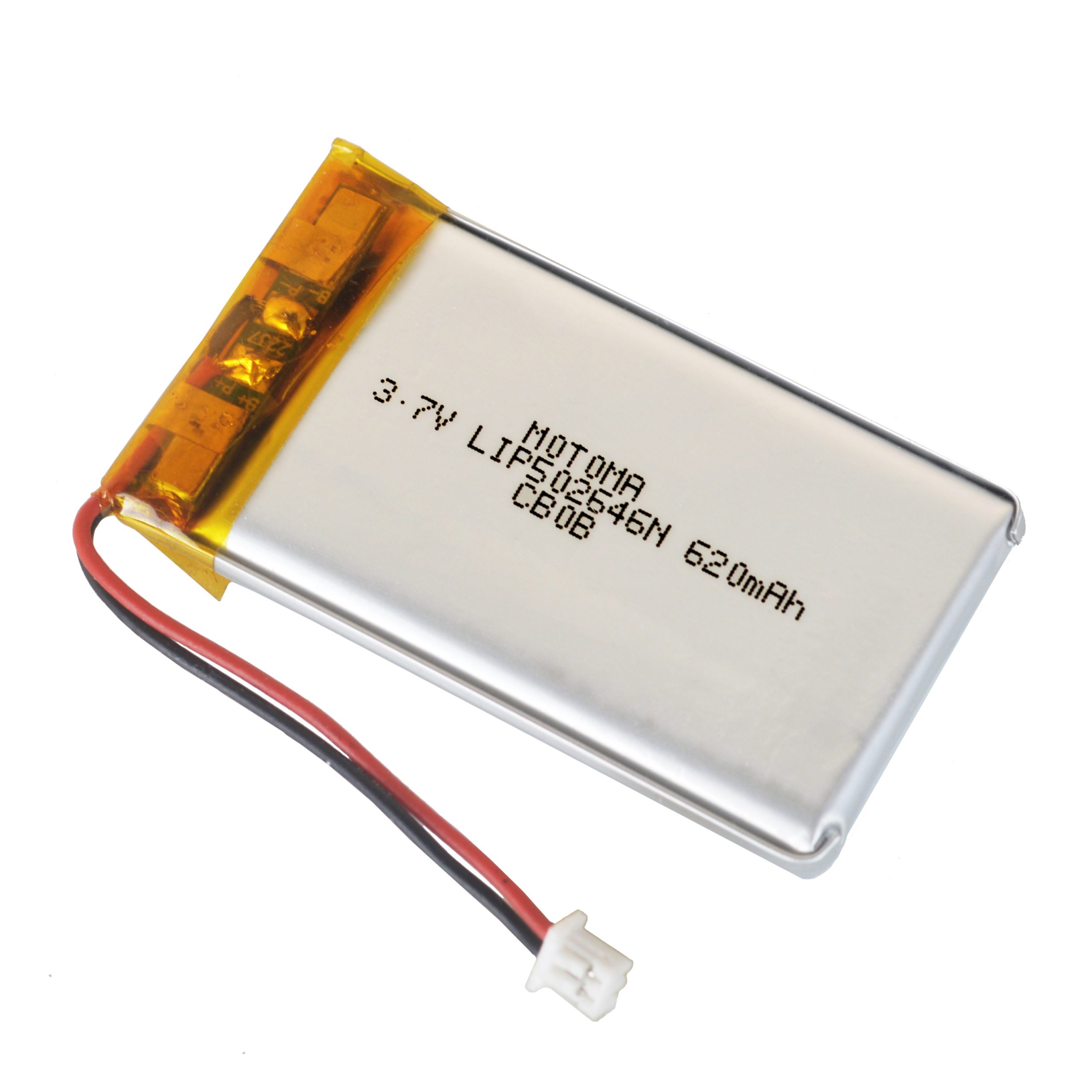Sodium ion batteries are becoming an increasingly popular topic in the world of clean energy. As the world seeks to reduce its reliance on fossil fuels, alternative energy sources such as wind and solar power are becoming more widespread. However, these energy sources are intermittent and require large-scale energy storage systems to ensure that power is available when it is needed. Sodium-ion batteries have the potential to become an important part of the clean energy mix, and in this blog post, we will explore why.
Abundance of Sodium
One of the main advantages of sodium-ion batteries is the abundance of sodium. Sodium is one of the most abundant elements on Earth, and it is much cheaper than other materials used in batteries, such as lithium. This means that sodium-ion batteries could potentially be produced at a lower cost than other battery types.
Environmental Benefits
Sodium ion batteries have several environmental benefits over other battery types. They are made from materials that are abundant and widely available, and they do not require the mining of rare earth metals. Additionally, the materials used in sodium-ion batteries are much safer than those used in lithium-ion batteries, which are known to be flammable and can cause fires and explosions.
High Energy Density of Sodium Ion Batteries
Sodium ion batteries have a high energy density, which means that they can store a large amount of energy in a small space. This makes them ideal for use in energy storage systems, where space is often at a premium. Additionally, sodium-ion batteries have a long cycle life, which means that they can be charged and discharged many times without degrading their performance.
Scalability of Sodium Ion Batteries
Another advantage of sodium ion batteries is their scalability. They can be produced in large quantities, making them suitable for use in grid-scale energy storage systems. This is important because as renewable energy sources become more widespread, there will be an increasing need for large-scale energy storage solutions.
Research and Development
Finally, there is a lot of ongoing research and development into sodium-ion batteries. This means that the technology is rapidly advancing, and we can expect to see significant improvements in the performance and cost of sodium-ion batteries in the near future. Additionally, because sodium-ion batteries are similar to lithium-ion batteries in terms of their design, much of the existing infrastructure for lithium-ion battery production can be adapted to produce sodium-ion batteries.
Conclusion
Sodium ion batteries have the potential to become an important part of the clean energy mix. Their abundance, environmental benefits, high energy density, scalability, and ongoing research and development make them a promising technology for the future. As renewable energy sources become more widespread, the demand for large-scale energy storage solutions will only increase, and sodium-ion batteries are well-positioned to help meet this demand.




